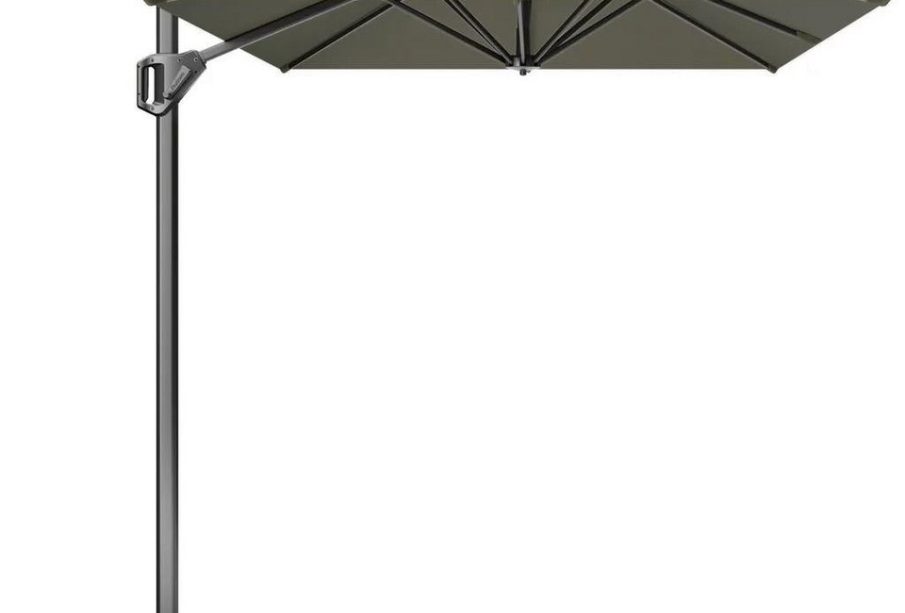Understanding the Current Situation in Venezuela

Introduction
Venezuela has been a focal point of global attention due to its complex socio-political landscape and economic challenges. With a rich history of oil wealth, it is now experiencing economic turmoil, political strife, and social unrest, making it a significant topic of discussion for policymakers and human rights advocates alike.
Economic Challenges
Venezuela’s economy has faced a catastrophic decline since the mid-2010s, primarily attributed to the drop in oil prices and mismanagement of resources. The International Monetary Fund (IMF) estimates that Venezuela’s inflation has soared to over 3000%, severely affecting the purchasing power of its citizens. Furthermore, essential goods like food and medicine have become scarce, leading to an ongoing humanitarian crisis.
Political Landscape
The political situation in Venezuela remains contentious, with opposition leaders challenging the presidency of Nicolás Maduro, whose leadership has been marked by allegations of dictatorship and widespread corruption. The 2024 presidential election, scheduled for May, is likely to be a pivotal moment. Continued international pressure, particularly from the United States and the European Union, is focused on fostering a fair electoral process.
Social Issues
The political and economic turmoil has resulted in one of the largest migration crises in Latin America, with millions of Venezuelans fleeing to neighbouring countries such as Colombia and Brazil. As of September 2023, over 7 million Venezuelans have left their homes, impacting regional stability and raising concerns about human rights violations.
Conclusion
The ongoing situation in Venezuela remains precarious, as the combination of economic hardship and political instability shows no signs of resolution. The upcoming elections will be crucial for the future direction of the country, and the international community continues to monitor the situation closely. For readers, understanding the nuances of Venezuela’s crisis is vital not only for awareness but also for advocating for humanitarian support and political reform.







